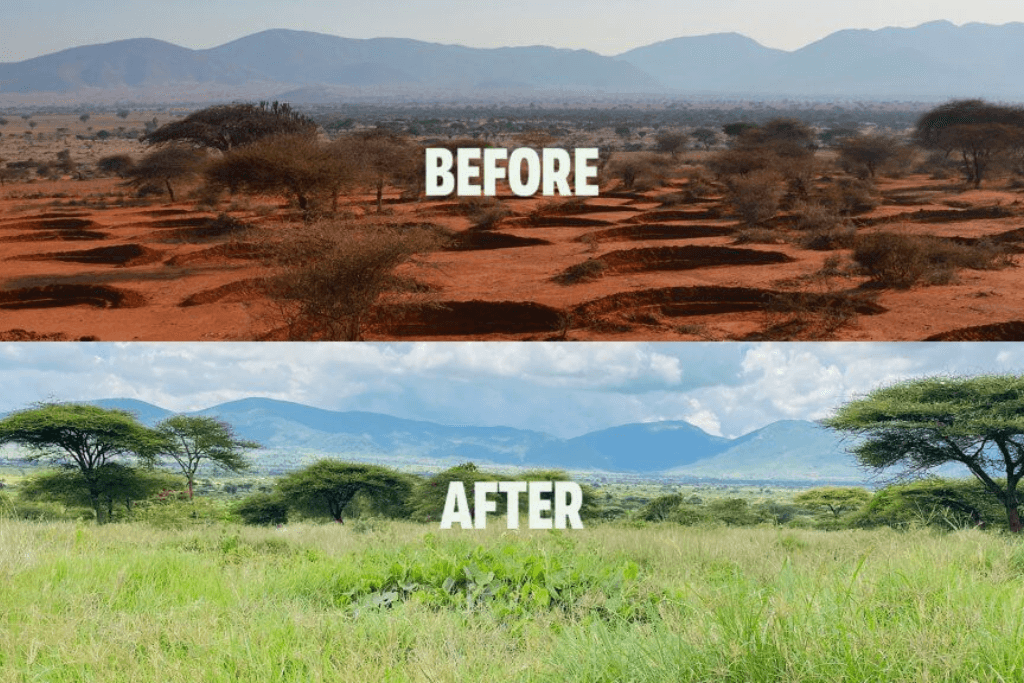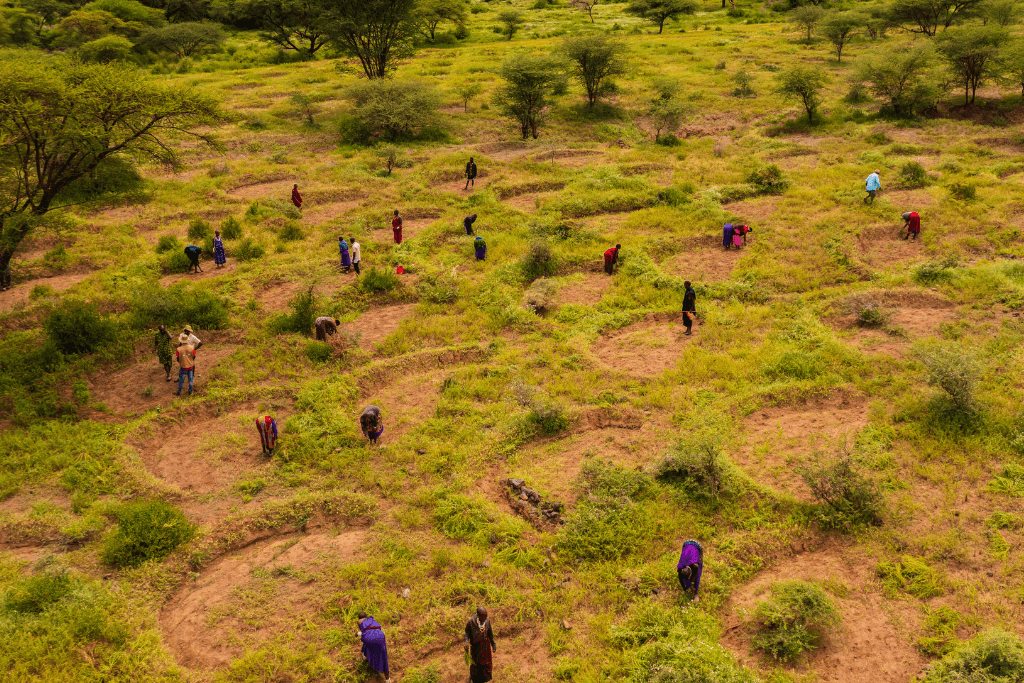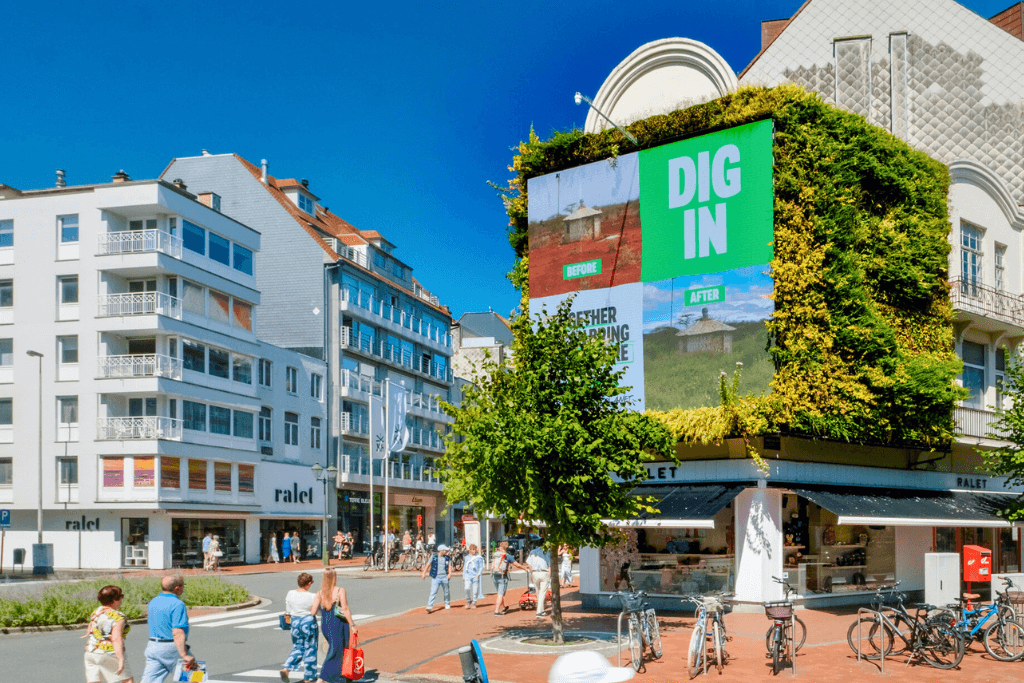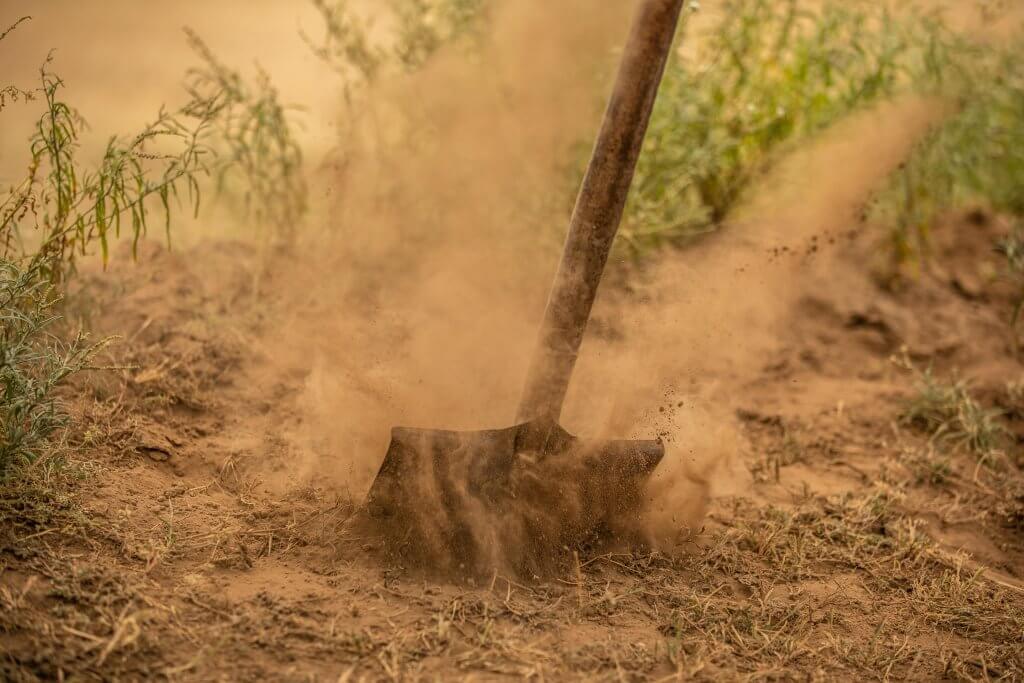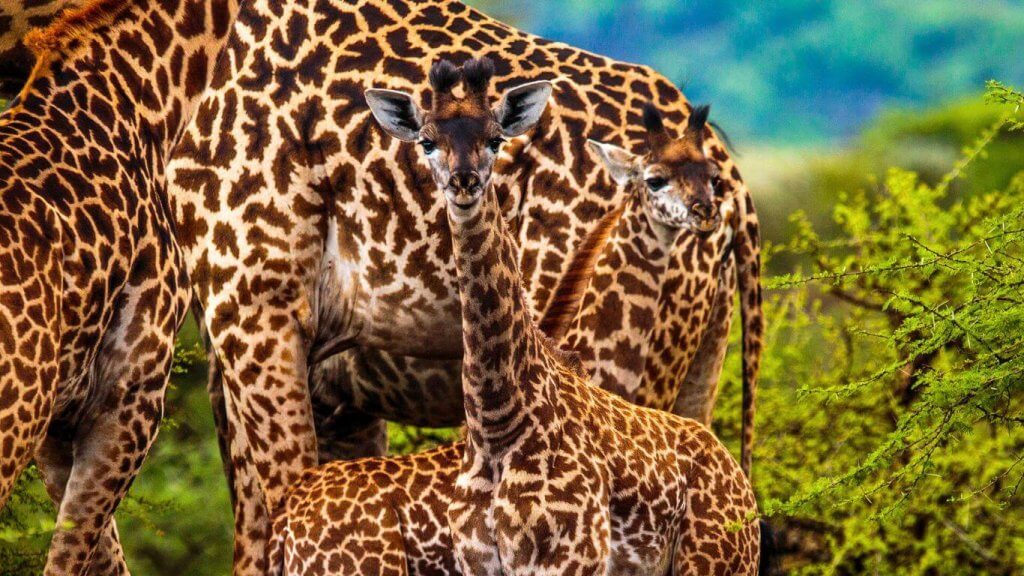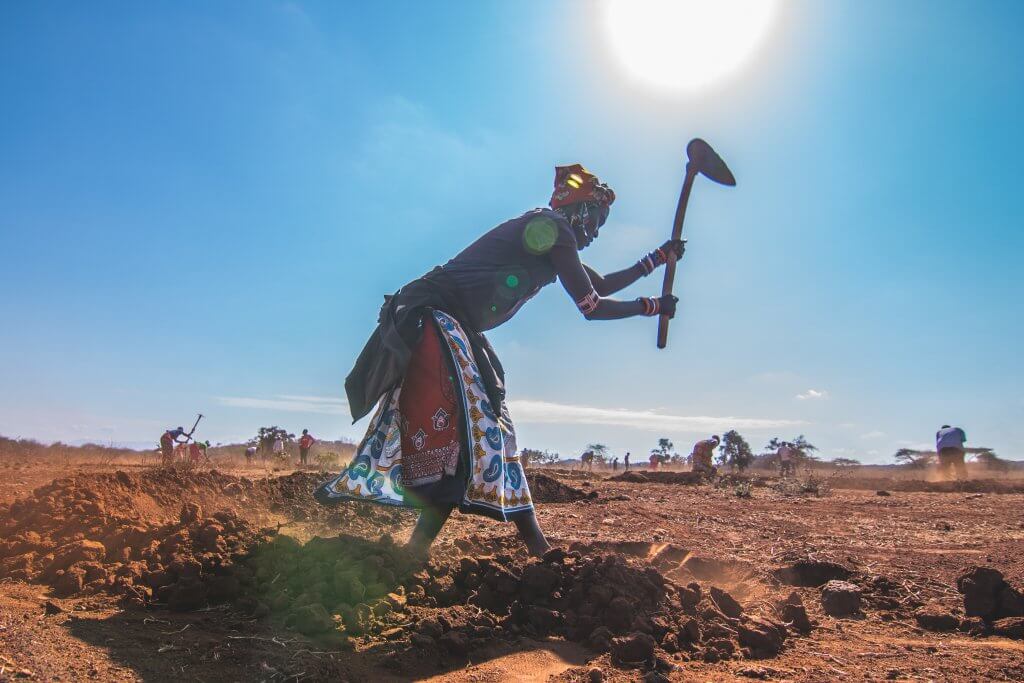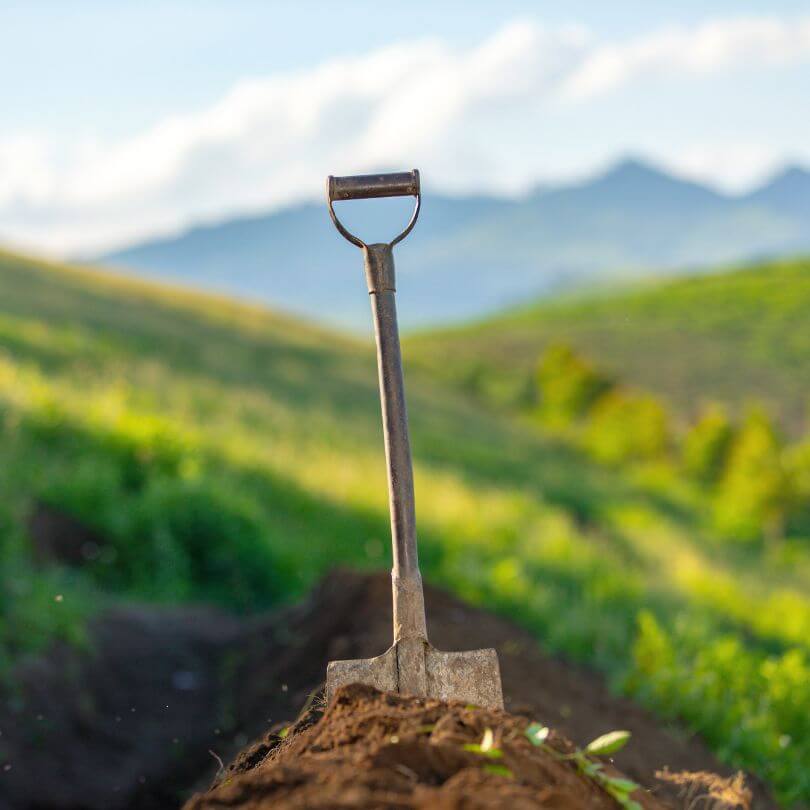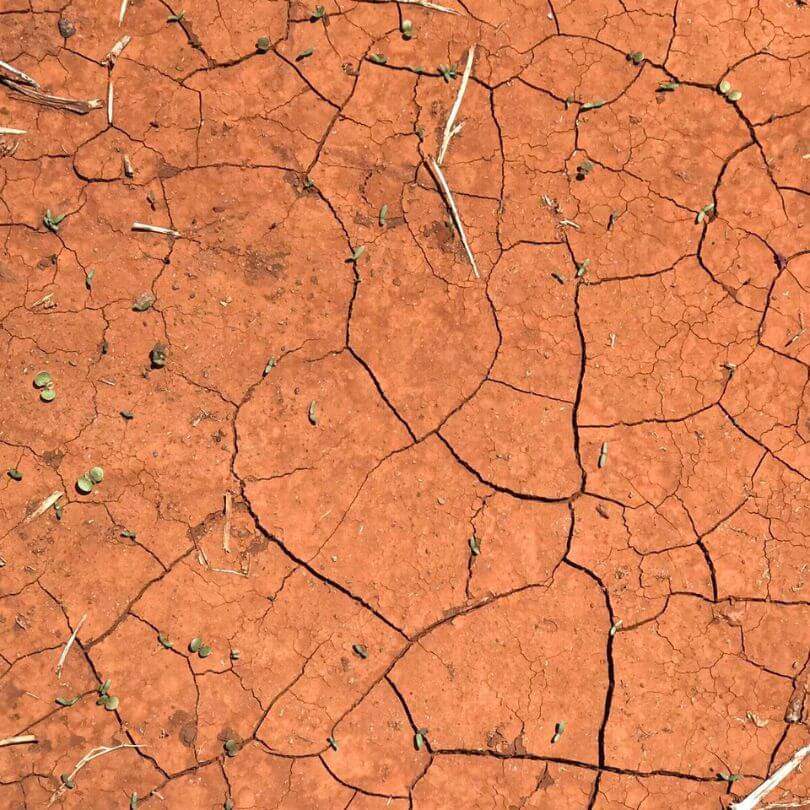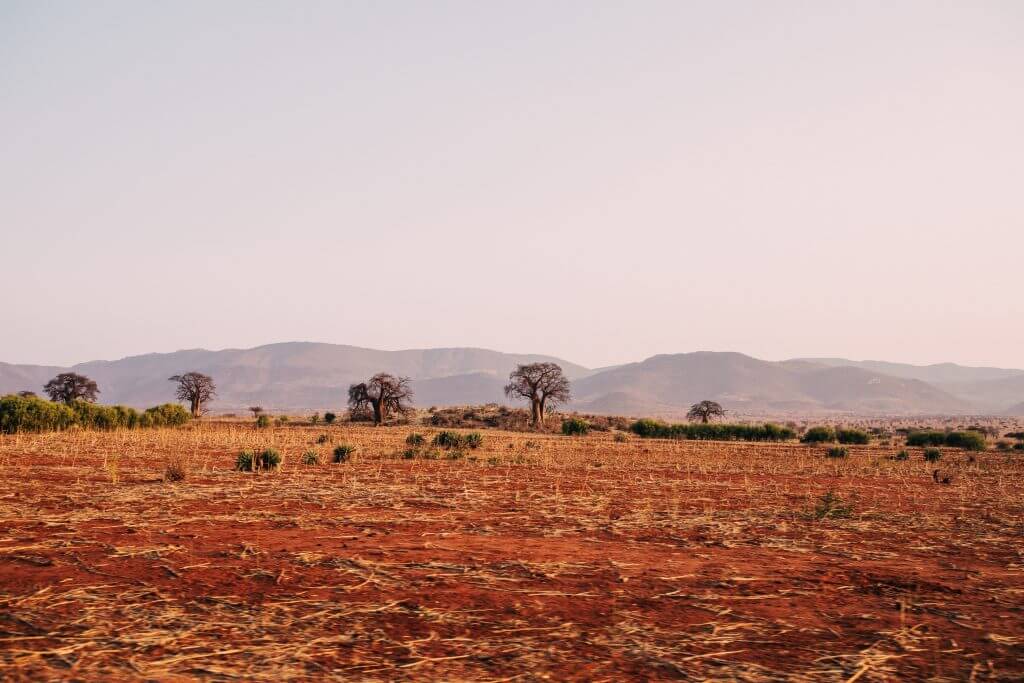
What is threatening the ecosystems in Africa?
Many ecosystems within Africa are under great pressure. High temperatures and a decline in rainfall, due to climate change, and overgrazing of green areas cause disbalance within ecosystems. Normally, an ecosystem can restore this balance itself. When an ecosystem is pushed beyond a specific point, it is possible that it is changed permanently. A green and healthy ecosystem can become a dry and arid area where only few plants can grow and many animals struggle to survive.
